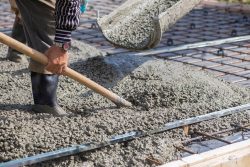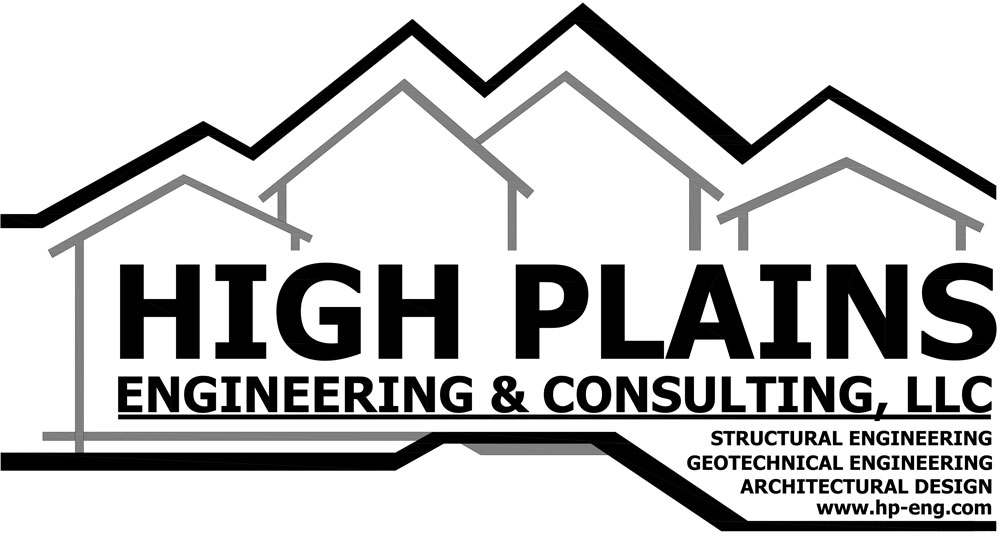Type II vs. Type IV concrete
 Concrete is a versatile and durable material used in construction for a wide range of applications. It is essential to choose the right type of concrete for each project, as different formulations have different properties and strengths. Two commonly used types of concrete are Type II and Type IV. In this blog post, we will explore the differences between these two types and their respective uses in construction.
Concrete is a versatile and durable material used in construction for a wide range of applications. It is essential to choose the right type of concrete for each project, as different formulations have different properties and strengths. Two commonly used types of concrete are Type II and Type IV. In this blog post, we will explore the differences between these two types and their respective uses in construction.
1. Definition and Composition
Type II concrete is a general-purpose cement that is resistant to moderate sulfate attack. It contains a moderate amount of tricalcium aluminate (C3A) and is suitable for use in areas where the sulfate concentration in the soil or water is moderate. Type II concrete is commonly used in structures such as piers, retaining walls, and sewer infrastructure.
On the other hand, Type IV concrete is a low heat of hydration cement that is specifically designed for use in massive concrete structures. It contains a lower amount of tricalcium aluminate (C3A) and is slow to develop strength. Type IV concrete is typically used in dams, large foundations, and other massive structures.
2. Strength and Durability
Type II concrete has a moderate compressive strength and is suitable for most general-purpose construction projects. It provides good durability and can withstand moderate sulfate attacks. However, it is not recommended for use in areas with high sulfate concentrations.
Type IV concrete, on the other hand, is designed for massive structures and provides increased strength and durability. It is slow to develop strength but gains ultimate strength over time. The lower heat of hydration reduces the risk of thermal cracking, making it ideal for large structures where temperature differentials can be significant.
3. Hydration Process
The hydration process is the chemical reaction that occurs when water and cement are mixed to form concrete. Type II concrete has a standard heat of hydration, meaning it generates a moderate amount of heat during the hydration process. This makes it suitable for most construction applications where thermal cracking is not a primary concern.
Type IV concrete, on the other hand, has a low heat of hydration. It generates less heat during the hydration process, which helps minimize the risk of thermal cracking in massive structures. The slower development of strength also allows for better temperature control during curing.
4. Cost and Availability
The cost and availability of Type II and Type IV concrete can vary depending on the region and local suppliers. In general, Type II concrete is more readily available and less expensive due to its widespread use in general construction projects.
Type IV concrete is less commonly used and may be more challenging to find. It may also be more expensive due to its specialized formulation and slower development of strength. However, for projects that require the unique properties of Type IV concrete, the added cost may be justified.
5. Environmental Considerations
Both Type II and Type IV concrete have environmental considerations associated with their production. Cement production, which is a key component of concrete, is known to be energy-intensive and releases large amounts of carbon dioxide (CO2) into the atmosphere.
To mitigate the environmental impact, it is important to consider using alternative cementitious materials, such as slag or fly ash, as partial replacements for cement. These materials can reduce the carbon footprint of concrete and improve its sustainability.
Summary
Type II and Type IV concrete serve different purposes in construction projects. Type II concrete is a general-purpose cement suitable for moderate sulfate environments, while Type IV concrete is designed for massive structures with a lower heat of hydration. Understanding the differences between these two types of concrete is essential in selecting the appropriate material for each project. Consider factors such as strength, durability, hydration process, cost, availability, and environmental considerations to make an informed decision.
Need Engineers and Designers in Hudson, CO?
Since 2006, High Plains Engineering & Consulting, LLC has been a civil and structural engineering company in Fort Lupton and the surrounding areas. We provide sensible solutions to geotechnical, structural, environmental, and civil engineering challenges. Our office provides practical expertise backed by diverse design resources to get the job done cost-effectively and efficiently with sustainability in mind. We offer various services for commercial, residential, and agricultural properties like soil testing, percolation testing, and foundation and septic design for new construction. Once that is taken care of we also offer services for floor framing, garage plans, house plans, site plans, and inspection services. Call us today for an appointment!
Categorised in: Concrete

 HPEC is an active member of CAGE
HPEC is an active member of CAGE